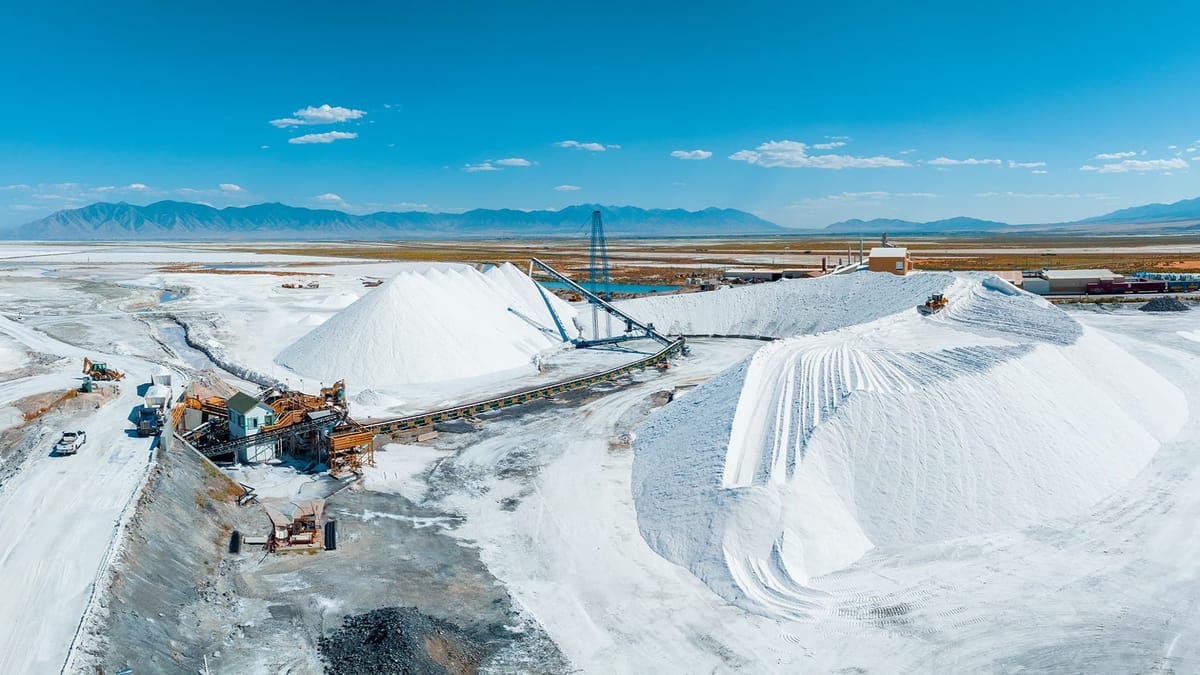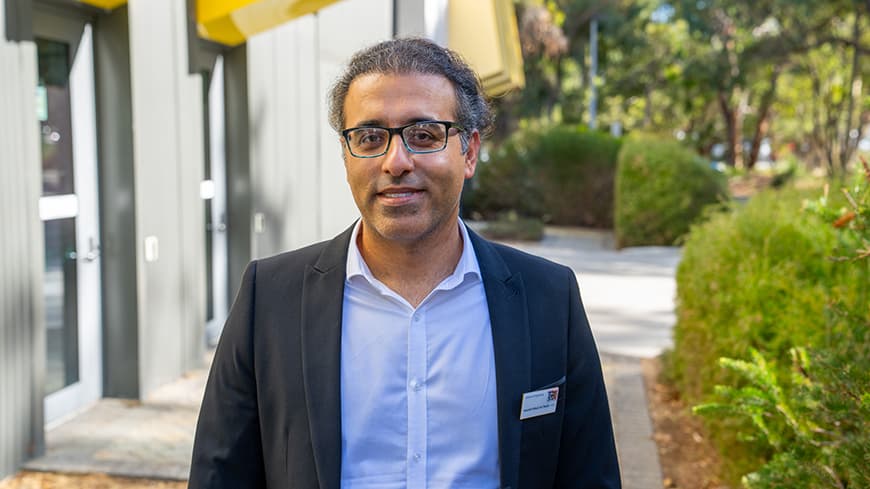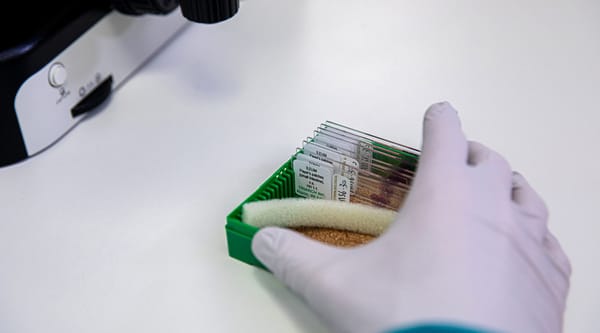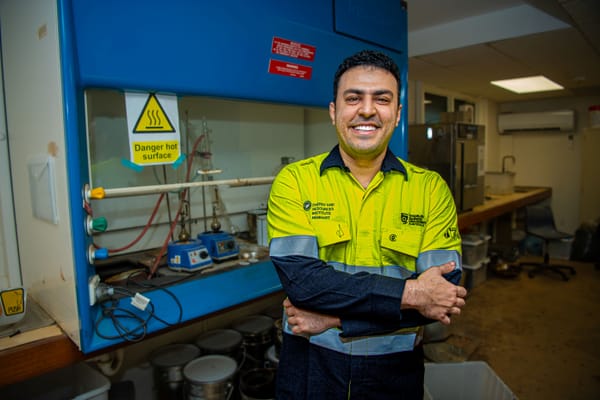Report finds Direct Lithium Extraction critical to keeping future production sustainable
ECU Associate Professor Amir Razmjou has released an independent report for the International Lithium Association into the critical need for direct lithium extraction in the future. The report found sustainable methods, including membrane technology, are essential to meeting growing global demand.

First published by ECU
As manufacturers around the world seek out more cost effective and environmentally sustainable ways to produce lithium, direct lithium extraction (DLE) has been thrust into the spotlight again.
Edith Cowan University's (ECU) Associate Professor Amir Razmjou was invited by the International Lithium Association to provide a 101 DLE report as an independent expert.
It places significance on membrane technology for DLE in the future alongside adsorption, ion exchange and solvent extraction.
"DLE technology for lithium production has the potential to be a game-changer, enabling sustainable ramp-up of lithium in the rapidly expanding multi-billion-dollar industry," Associate Professor Razmjou explained.
"This is an especially important report as there is much controversy surrounding its merits across the lithium sector and among other stakeholders, which has puzzled investors, technology providers, and researchers."

The report claims membrane DLE is crucial because it eliminates the need for water or acid stripping, which is key in production.
"Membrane DLE enables modular design, resulting in a reduced water and carbon footprint, while also minimising water loss and brine contamination. This facilitates the reinjection of lithium-depleted brine back into aquifers and underground reservoirs."
Future sustainability
The report also provides significant evidence that DLE has the potential to offer environmental advantages over traditional extraction methods, and potentially improved sustainability around the world.
"These advantages include lower environmental risks, reduced land, carbon footprint and water usage.
DLE can also significantly reduce the time required for lithium production compared to conventional methods.
"While solar evaporation typically takes over 18 months, and hard rock mining takes several months, DLE processes can accomplish extraction in a matter of hours or days. This represents a crucial advancement, as DLE enables rapid production scaling, allowing stakeholders to adapt to market demands more effectively," Associate Professor Razmjou added.
The case for Direct Lithium Extraction
DLE involves the selective extraction of lithium ions directly from lithium-rich solutions bypassing the need for evaporation ponds.
Professor Razmjou analysed adsorption-based DLE, lithium (Li) molecules are physically adsorbed onto the surface of a sorbent material.
One is Ion Exchange-based DLE which involves trading lithium ions for cations within the structure of a sorbent material. It requires an acid solution for stripping and recovering the lithium, and solvent extraction-based DLE technologies which has the advantage of selectively extracting lithium from complex brines while maintaining high purity levels.
Meeting the demand
Lithium is a critical mineral in the transition to clean energy. It is lightweight, has a high-energy density and is ideal for lithium-ion batteries, powering home appliances and electric vehicles (EVs).
The International Energy Agency (IEA) estimates that global lithium demand could increase by 40 times by 2040.
"The research shows that membrane technology will continue to play a significant role in the future when it comes to direct lithium extraction – using less water, producing less waste and greenhouse gases and has increased efficiency."
Other methods still to be explored
Another DLE approach is electrochemical or battery-based DLE.
It relies on selectively capturing lithium on or inside electrodes in AC or DC power mode systems. While battery-based ion recovery processes have been utilised for separating valuable compounds like nickel and copper, their application for lithium is relatively new.
Associate Professor Razmjou said the technology is still in its early stages and requires further trials.
Direct Lithium Extraction (DLE): An Introduction can be viewed in full as published by the International Lithium Association.
Featuring

Associate Professor Amir Razmjou
Amir Razmjou is an Associate Professor in the School of Engineering at Edith Cowan University.




